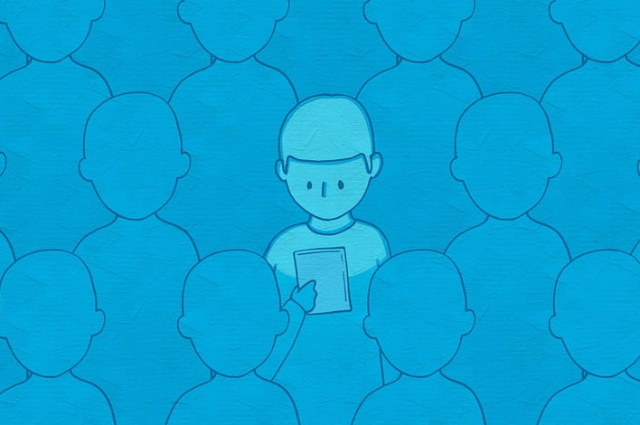
Image by 愚木混株 Cdd20 from Pixabay
In an ever-evolving world, the norms that govern our societies often become outdated, stifling innovation and progress. Challenging the status quo is not merely an act of rebellion; it is a necessary response to the changing dynamics of human experience. As we navigate complex social, political, and economic landscapes, it is crucial to rethink established norms and embrace new ideas that reflect our diverse realities.
The Importance of Questioning Norms
Norms are the unwritten rules that guide our behaviors and expectations. They shape our identities, influence our choices, and dictate our interactions with others. However, these norms can also reinforce inequality and perpetuate stereotypes. By questioning these established norms, we create space for dialogue, understanding, and change. Challenging the status quo encourages critical thinking and fosters an environment where diverse perspectives are valued.
For instance, the traditional views on gender roles have long dictated what individuals can or cannot do based on their gender. As society evolves, many are beginning to recognize that these roles are not inherently tied to one's biological sex. By rethinking gender norms, we allow individuals to pursue their passions and ambitions without the constraints of outdated expectations. This shift not only benefits individuals but also enriches society as a whole by tapping into a wider range of talents and ideas.
Embracing Diversity in Thought
Rethinking norms also involves embracing the diversity of thought. In many cases, the dominant narratives exclude marginalized voices, leading to a one-dimensional understanding of complex issues. By actively seeking out and listening to different perspectives, we can gain a more comprehensive understanding of the world around us.
For example, in the realm of environmental sustainability, indigenous communities often hold invaluable knowledge about land stewardship that contrasts sharply with mainstream approaches. By integrating these traditional practices with modern science, we can develop more effective and holistic strategies for addressing climate change. This integration of diverse perspectives not only strengthens our solutions but also promotes inclusivity and respect for all cultures.
The Role of Education in Challenging Norms
Education plays a vital role in challenging norms and fostering critical thinking. By encouraging students to question the status quo and explore alternative viewpoints, we equip them with the tools necessary to navigate a complex world. An educational system that values inquiry over rote memorization creates lifelong learners who are unafraid to challenge outdated beliefs and advocate for change.
Moreover, teaching students about social justice, equity, and inclusion prepares them to be active participants in their communities. When individuals understand the historical context of societal norms and the impact these norms have on different groups, they are more likely to challenge injustices and work toward a more equitable society.
A Call to Action
Rethinking norms is not an easy task; it requires courage, vulnerability, and a willingness to confront discomfort. However, it is a necessary endeavor if we wish to create a society that values diversity, equity, and progress. Each of us has a role to play in this process, whether through advocacy, education, or simply by being open to new ideas.
As we move forward, let us commit to challenging the status quo and embracing the complexities of our world. By doing so, we pave the way for a brighter, more inclusive future where everyone can thrive. It is time to rethink the norms that shape our lives and create a society that reflects our shared values of justice, respect, and understanding.
